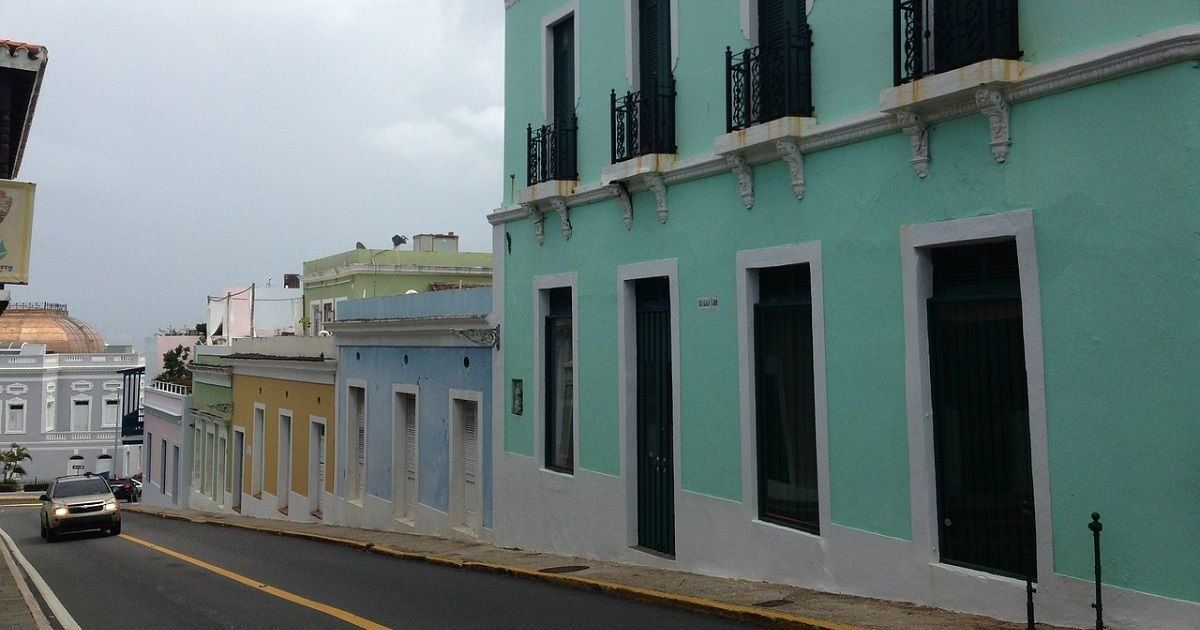SAN JUAN.- Activists want stricter regulations for short-term rentals in Puerto Rico, where there are a growing number of displaced renters and rising housing costs, according to a report released Wednesday by the Hispanic Federation.
The number of short-term rental units in Puerto Rico jumped to more than 25,000 in 2022, from about 1,000 in 2014, according to the report commissioned by the foundation.
It found that while short-term rentals create jobs, attract visitors and create more transportation options, renters are facing evictions, the cost of goods has risen amid an economic crisis and some ecological areas have been destroyed during the new constructions.
“This has reached a point where the impacts are really palpable in Puerto Rico,” Charlotte Gossett Navarro, chief director of the foundation in Puerto Rico, said in an interview.
A key factor in the increase in short-term rentals was Hurricane Maria, which hit the island in September 2017. Afterwards, many people emigrated to the mainland United States, while dozens of new investors came to the island to buy houses and properties.
That led to a reduction in housing availability and affordability, Gossett said, adding that other factors, including the pandemic, are also to blame.
Dulce del Río Pineda, who has lived for 40 years on the island of Culebra, just east of Puerto Rico, said she has noticed a big change in the real estate market in the last seven years with the influx of short-term rentals.
“It is an economic benefit,” he said. “At the same time, we have our young people, above all, who find themselves without hope of being able to acquire their home. It is a way of fading our community.”
The 64-year-old former special education teacher highlighted that social inequality has also become more dramatic. Some homes in Culebra, a popular tourist destination, now cost between $4 million and $8 million.
A day before the report was released, Airbnb issued a statement saying it supports “inclusive regulation” of short-term rentals.
The short-term rental company — responsible for most of this phenomenon — also backed a bill that called for allocating 5% of room tax revenue to municipalities, but lawmakers voted against it.
The company said it has generated more than $70 million in tax revenue for the island.

